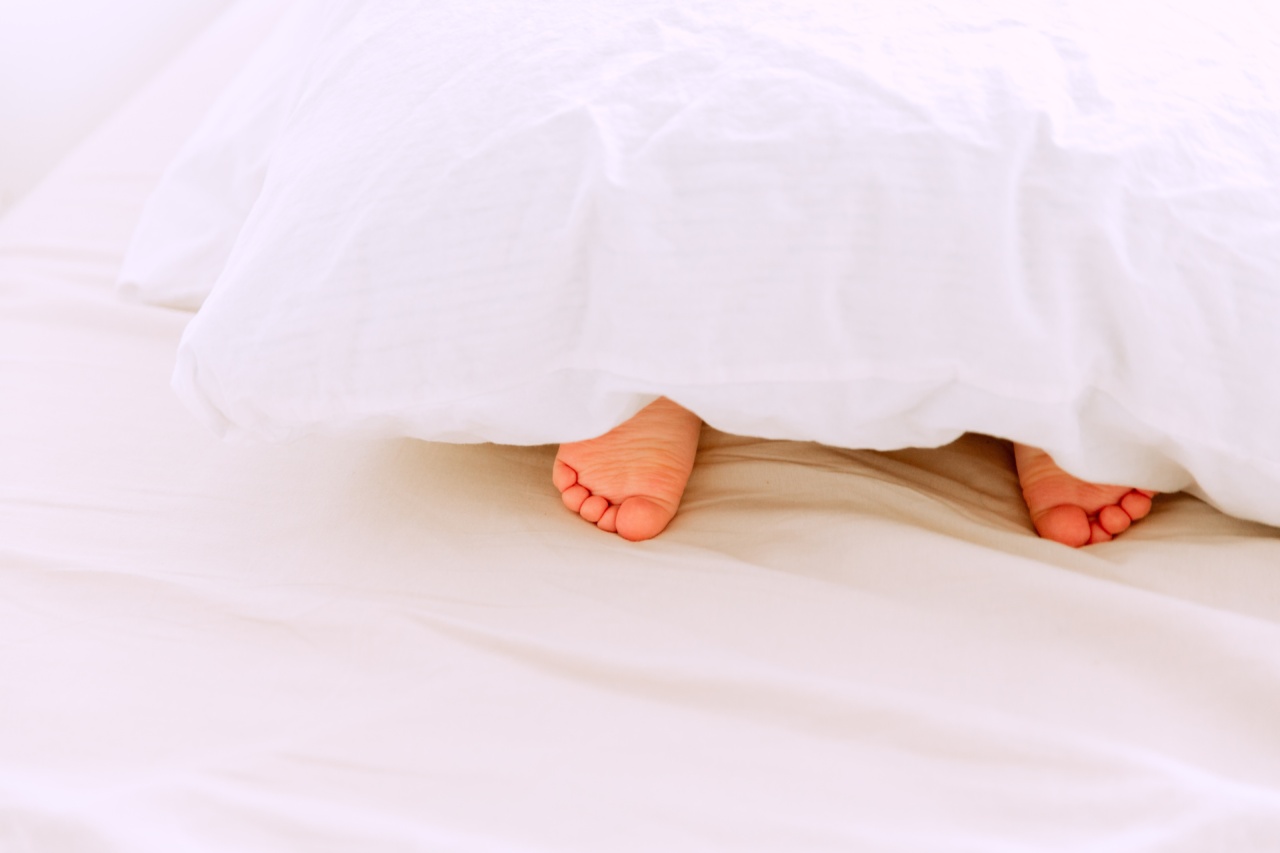Sleep apnea is a sleep disorder that affects millions of people worldwide. Those who suffer from sleep apnea experience periods where they stop breathing for a brief time throughout the night.
This condition can negatively impact the quality of sleep and even lead to health problems such as high blood pressure, heart disease, and stroke. However, the underlying causes of sleep apnea aren’t always clear. In this article, we will explore the potential causes behind this condition.
Obstructive Sleep Apnea (OSA)
Obstructive sleep apnea (OSA) is the most common type of sleep apnea. This occurs when the muscles in the throat fail to keep the airway open during sleep.
As a result, breathing becomes difficult, causing a person to wake up briefly to get air, even if they are not aware of it.
Some reasons why OSA occurs include being overweight, having a large neck circumference, having a narrow airway, and having certain medical conditions such as Hypertension, Diabetes, and Heart diseases can increase a person’s risk of developing OSA.
Central Sleep Apnea (CSA)
In contrast to obstructive sleep apnea, central sleep apnea (CSA) results from the failure of the brain signal that controls breathing during sleep.
People with CSA often have underlying health conditions such as heart failure, Parkinson’s disease, and brainstem disorders. Certain medications such as opioids can also contribute to CSA by slowing down breathing and affecting the brain’s respiratory system.
Complex Sleep Apnea Syndrome
Complex sleep apnea syndrome (CompSA) is a combination of obstructive sleep apnea (OSA) and central sleep apnea (CSA). Individuals with CompSA initially develop OSA and may later have CSA as a complication of treatment for OSA.
However, this progression is not always the case, and CompSA can also develop spontaneously in individuals with no prior OSA. The underlying causes of CompSA are not entirely clear, but it is thought to be related to abnormalities in the breathing control system in the brain and upper airway.
Other Factors That Contribute to Sleep Apnea
In addition to the three types of sleep apnea mentioned above, other factors can contribute to the development of sleep apnea. These include:.
Age
As we age, the likelihood of developing sleep apnea increases. This is because the muscles in the upper airway tend to weaken with age, increasing the risk of airway collapse during sleep.
Sleep apnea is also more common in men than women, and the risk increases if you have a family member with sleep apnea.
Lifestyle Factors
Lifestyle factors such as smoking, alcohol consumption, and sedative use can contribute to sleep apnea.
These habits can cause the muscles in the upper airway to relax, leading to airway obstruction during sleep.
High Blood Pressure
There is a close link between high blood pressure and sleep apnea. Sleep apnea can increase a person’s blood pressure, and high blood pressure can increase a person’s risk of developing sleep apnea. The two conditions often occur together, and treating one can improve the other.
Gender and Hormonal Factors
Women are less likely to develop sleep apnea than men. However, hormonal changes such as pregnancy, menopause, and the use of birth control pills can increase the risk of developing sleep apnea in women.
This is because these hormonal changes can affect the muscles in the upper airway.
Conclusion
Sleep apnea is a complex sleep disorder with varying underlying causes.
While obesity, age, and lifestyle factors are frequently to blame for its development, other factors such as hormonal shifts, genetic traits, medications, and underlying medical conditions can also contribute. Understanding the root causes behind sleep apnea is crucial for identifying potential treatments and improving overall health outcomes.





























